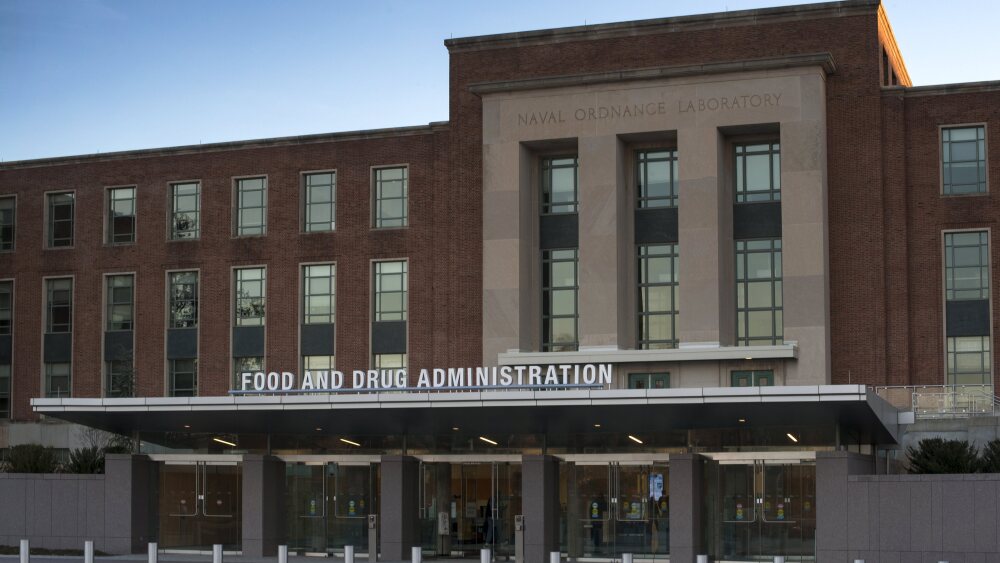“Think of it as an installment plan that’s then tied to how well the therapy works,” Mark Trusheim, strategic director of the MIT Center for Biomedical Innovation’s NEWDIGS program, told Business Insider. “This would be a car loan but you’ve still got to see if the car is going to work.”
Many of the new biologic drugs and gene therapies coming on the market have shockingly high prices. Examples include Novartis’ cancer cell therapy, Kymriah, running about $373,000, Gilead’s competitive treatment, Yescarta, priced at $373,000, and Spark Therapeutics’ Luxturna for a hereditary eye disease running about $425,000 per eye.
Payers, recognizing the value of these treatments, often for diseases for which there are no other treatments, or which have the potential to cure the disease instead of involving life-long treatment, are experimenting with new payment approaches.
On December 3, 2018, the U.S. Food and Drug Administration (FDA) accepted Novartis company AveXis’ Biologics License Application (BLA) for AVXS-101, Zolgensma, a gene replacement therapy for spinal muscular atrophy (SMA) Type 1. The FDA has a target action date of May 2019 for the gene therapy.
SMA is caused by a defective or missing SMN1 gene. Infants with SMA Type 1 quickly lose the motor neurons for muscle functions like breathing, swallowing, speaking and walking. If untreated, most die by the age of two years. The FDA approved Biogen’s Spinraza (nusinersen) for SMA in January 2018. Spinraza was the first treatment for the drug available.
Spinraza came with a price tag of $750,000 for the first year and $375,000 for each year afterward. Patients receive six injections in the first year at about $125,000 per shot.
Although a price has not been locked in yet for AveXis’ Zolgensma, numbers as high as $5 million have been broached, although the range is from about $1.6 million to $5 million. The State of Massachusetts is considering a payment plan as a viable model to pay for the treatment.
“Think of it as an installment plan that’s then tied to how well the therapy works,” Mark Trusheim, strategic director of the MIT Center for Biomedical Innovation’s NEWDIGS program, told Business Insider. “This would be a car loan but you’ve still got to see if the car is going to work.”
NEWDIGS is attempting to bring together various organizations to discuss how the U.S. healthcare system will pay for the expensive new therapies. The Massachusetts Initiative came out of that organization.
According to Trusheim, only about 12 to 24 patients are expected to receive the treatment each year in Massachusetts.
Under the possible proposal for Zolgensma in Massachusetts, payers would pay for the therapy in five annual installments, paid out over four years.
bluebird bio made a similar proposal at last week’s JP Morgan Healthcare Conference for its upcoming LentiGlobin gene therapy for transfusion-dependent ß-thalassemia (TDT). This is an inherited blood disorder caused by a mutation in the ß-globin gene. LentiGlobin has not been approved yet, or priced, but figures as high as $2.1 million have been floated.
The company proposed a payment-plan scheme that would run for five years, with each annual payment from health plans to bluebird bio being contingent on the gene therapy’s continued effectiveness.
The Massachusetts Initiative plans to start with AveXis’ Zolgensma but expects to add other gene therapies. They hope to launch the program by this summer. One aspect that is being addressed is what happens if patients switch health insurance programs. The insurers that plan to participate in the program have agreed to cover the remaining payments on the payment program.
They haven’t determined yet what to do if a patient moves to a different state.
For its part, AveXis has stated, “Our objective is to ensure patients get access to this therapy, so we can make a meaningful difference in their lives. We are working closely with payers to ensure we establish appropriate prices reflecting the value of gene therapy and explore creative options for payers, including installment payment options, as well as outcomes-based arrangements.”





